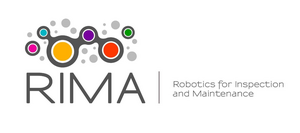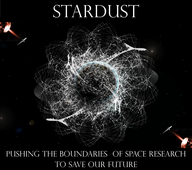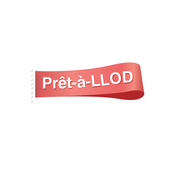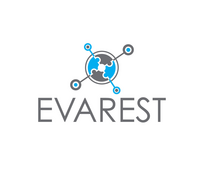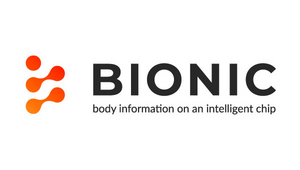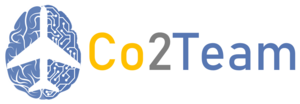
Research Departments
- AI for Assistive Health Technologies 1
- AI in Medical Image and Signal Processing 5
- Agents and Simulated Reality 103
- Augmented Vision 66
- Cognitive Assistants 165
- Cognitive Social Simulation 8
- Cooperative and Autonomous Systems 37
- Cyber-Physical Systems 73
- Data Science and its applications 12
- Design Research eXplorations 12
- Educational Technology Lab 55
- Embedded Intelligence 22
- Experience-based Learning Systems 11
- Foundations of Systems AI 3
- Innovative Factory Systems 42
- Institute for Information Systems 86
- Intelligent Analytics for Massive Data 17
- Intelligent Networks 44
- Interactive Machine Learning 15
- Marine Perception 25
- Multilinguality and Language Technology 114
- Neuro-mechanistic Modeling 2
- Robotics Innovation Center 164
- Smart Data & Knowledge Services 119
- Smart Enterprise Engineering 23
- Smart Service Engineering 17
- Speech and Language Technology 153
Research Topics
- Autonomous Systems 142
- Data Management & Analysis 203
- Human-Machine Interaction 187
- IT Security 47
- Image Recognition & Understanding 79
- Language & Text Understanding 98
- Machine Learning & Deep Learning 259
- Other 159
- Robotics 134
- Sensors & Networks 159
- Virtual & Augmented Reality 49
Fields of Application
- Environment & Energy 120
- Farming & Agricultural Technology 53
- Financial Sector 19
- Health & Medicine 142
- Industrie 4.0 179
- Knowledge & Business Intelligence 72
- Learning & Education 89
- Mobility 99
- Other 177
- Smart Home & Assisted Living 56
- Trade & Logistics 58
Displaying results 541 to 550 of 1092.
Research Departments
- AI for Assistive Health Technologies 1
- AI in Medical Image and Signal Processing 5
- Agents and Simulated Reality 103
- Augmented Vision 66
- Cognitive Assistants 165
- Cognitive Social Simulation 8
- Cooperative and Autonomous Systems 37
- Cyber-Physical Systems 73
- Data Science and its applications 12
- Design Research eXplorations 12
- Educational Technology Lab 55
- Embedded Intelligence 22
- Experience-based Learning Systems 11
- Foundations of Systems AI 3
- Innovative Factory Systems 42
- Institute for Information Systems 86
- Intelligent Analytics for Massive Data 17
- Intelligent Networks 44
- Interactive Machine Learning 15
- Marine Perception 25
- Multilinguality and Language Technology 114
- Neuro-mechanistic Modeling 2
- Robotics Innovation Center 164
- Smart Data & Knowledge Services 119
- Smart Enterprise Engineering 23
- Smart Service Engineering 17
- Speech and Language Technology 153
Research Topics
- Autonomous Systems 142
- Data Management & Analysis 203
- Human-Machine Interaction 187
- IT Security 47
- Image Recognition & Understanding 79
- Language & Text Understanding 98
- Machine Learning & Deep Learning 259
- Other 159
- Robotics 134
- Sensors & Networks 159
- Virtual & Augmented Reality 49
Fields of Application
- Environment & Energy 120
- Farming & Agricultural Technology 53
- Financial Sector 19
- Health & Medicine 142
- Industrie 4.0 179
- Knowledge & Business Intelligence 72
- Learning & Education 89
- Mobility 99
- Other 177
- Smart Home & Assisted Living 56
- Trade & Logistics 58
